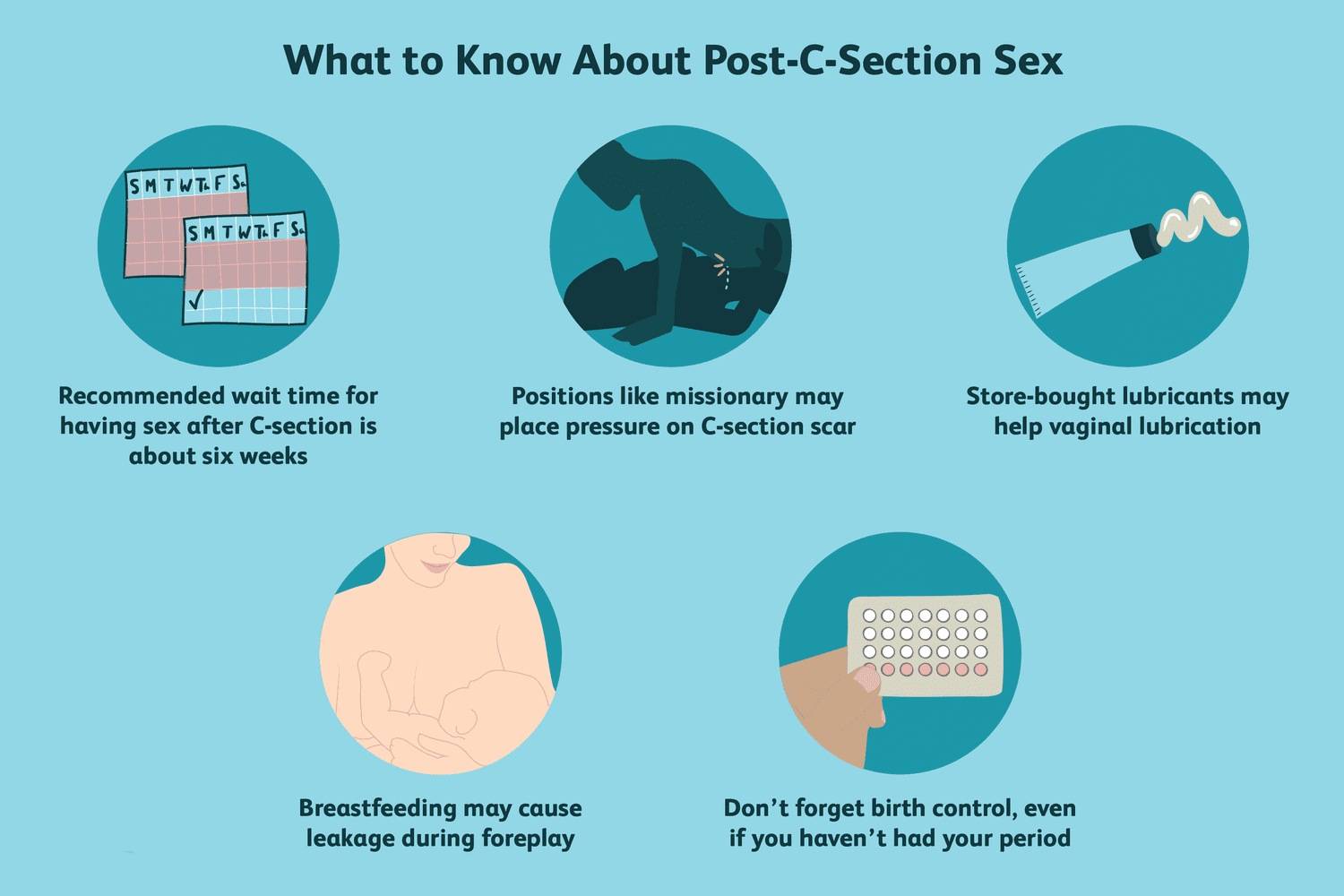
The journey of parenthood is a transformative experience, filled with joy and challenges. One significant area that often remains under-discussed is how childbirth impacts sexual function for new parents. Understanding these changes is crucial for fostering intimacy and maintaining a healthy sexual relationship after welcoming a new addition to the family. In this blog, we’ll explore common sexual issues faced by new parents postpartum, physical and emotional changes, effective communication strategies, and recovery tips to enhance postpartum sexual health.
Understanding Postpartum Sexual Health
Childbirth brings about various physical and emotional changes that can significantly affect sexual function. Awareness of these changes can help new parents navigate their evolving relationship.
1. Physical Changes
- Hormonal Fluctuations: After childbirth, hormone levels, particularly estrogen and progesterone, undergo dramatic changes. These fluctuations can lead to decreased libido, vaginal dryness, and discomfort during intercourse.
- Pelvic Floor Weakness: The pelvic floor muscles may weaken during pregnancy and childbirth, leading to issues such as incontinence or discomfort during sex. Strengthening these muscles through pelvic floor exercises can help regain control.
- Tissue Healing: For those who have had a vaginal delivery, perineal tearing or episiotomies may require time to heal. This healing process can lead to discomfort or pain during the initial postpartum sexual encounters.
2. Emotional Adjustments
- Body Image Issues: New parents often experience changes in their bodies that can affect their self-esteem and body image. These feelings can contribute to decreased sexual desire and intimacy.
- Postpartum Depression (PPD): PPD can significantly impact sexual desire and overall relationship satisfaction. It’s important for partners to be aware of these feelings and seek help if needed.
- Fatigue and Stress: Caring for a newborn is exhausting, and physical fatigue can lead to decreased sexual interest. Stress from adjusting to new roles and responsibilities can further complicate sexual intimacy.
Effective Communication with Partners
Open and honest communication is vital for navigating the changes in sexual function after childbirth. Here are some tips for fostering healthy discussions:
1. Share Feelings and Concerns
- Discuss Changes: Encourage both partners to talk about their feelings regarding the physical and emotional changes they’re experiencing. This can help in understanding each other’s perspectives and fostering empathy.
- Express Needs: Share what feels comfortable and what doesn’t when it comes to physical intimacy. Discuss any fears or anxieties related to resuming sexual activity.
2. Set Realistic Expectations
- Patience is Key: Understand that it may take time to return to pre-pregnancy sexual function and intimacy levels. Setting realistic expectations can alleviate pressure and foster a more supportive environment.
- Focus on Intimacy: Shift the focus from penetrative sex to other forms of intimacy, such as cuddling, kissing, and massage. These activities can strengthen emotional bonds and increase comfort.
Recovery Tips for Postpartum Sexual Health
To help new parents navigate the changes in sexual function after childbirth, consider these recovery tips:
1. Prioritize Self-Care
- Take Time for Healing: Allow your body time to recover from childbirth. If you experience pain during sex, consider waiting until you feel comfortable.
- Stay Hydrated and Eat Well: A balanced diet and staying hydrated can help with overall recovery and energy levels, positively impacting sexual health.
2. Engage in Pelvic Floor Exercises
- Kegel Exercises: Strengthening the pelvic floor muscles through Kegel exercises can improve sexual function and reduce issues like incontinence. Consult a healthcare provider or a physical therapist specializing in postpartum care for guidance.
3. Consult a Healthcare Provider
- Seek Professional Advice: If you experience persistent pain, discomfort, or emotional challenges related to sexual health postpartum, consult a healthcare provider. They can provide guidance, support, and possible treatment options.
- Discuss Lubrication Options: Over-the-counter lubricants can help alleviate vaginal dryness and discomfort during intercourse. A healthcare provider can recommend suitable products.
Conclusion
Childbirth is a beautiful yet challenging experience that significantly affects sexual function for new parents. Understanding the physical and emotional changes, maintaining open communication, and prioritizing recovery are essential for fostering intimacy and a healthy sexual relationship after becoming parents. By acknowledging these changes and taking proactive steps, new parents can navigate this transitional period with greater confidence and connection.

